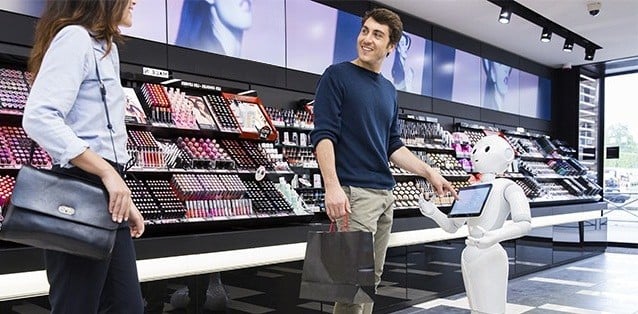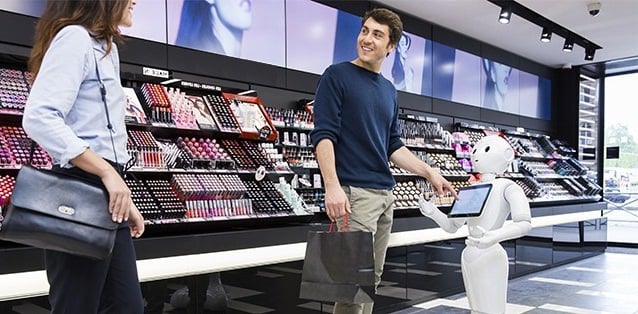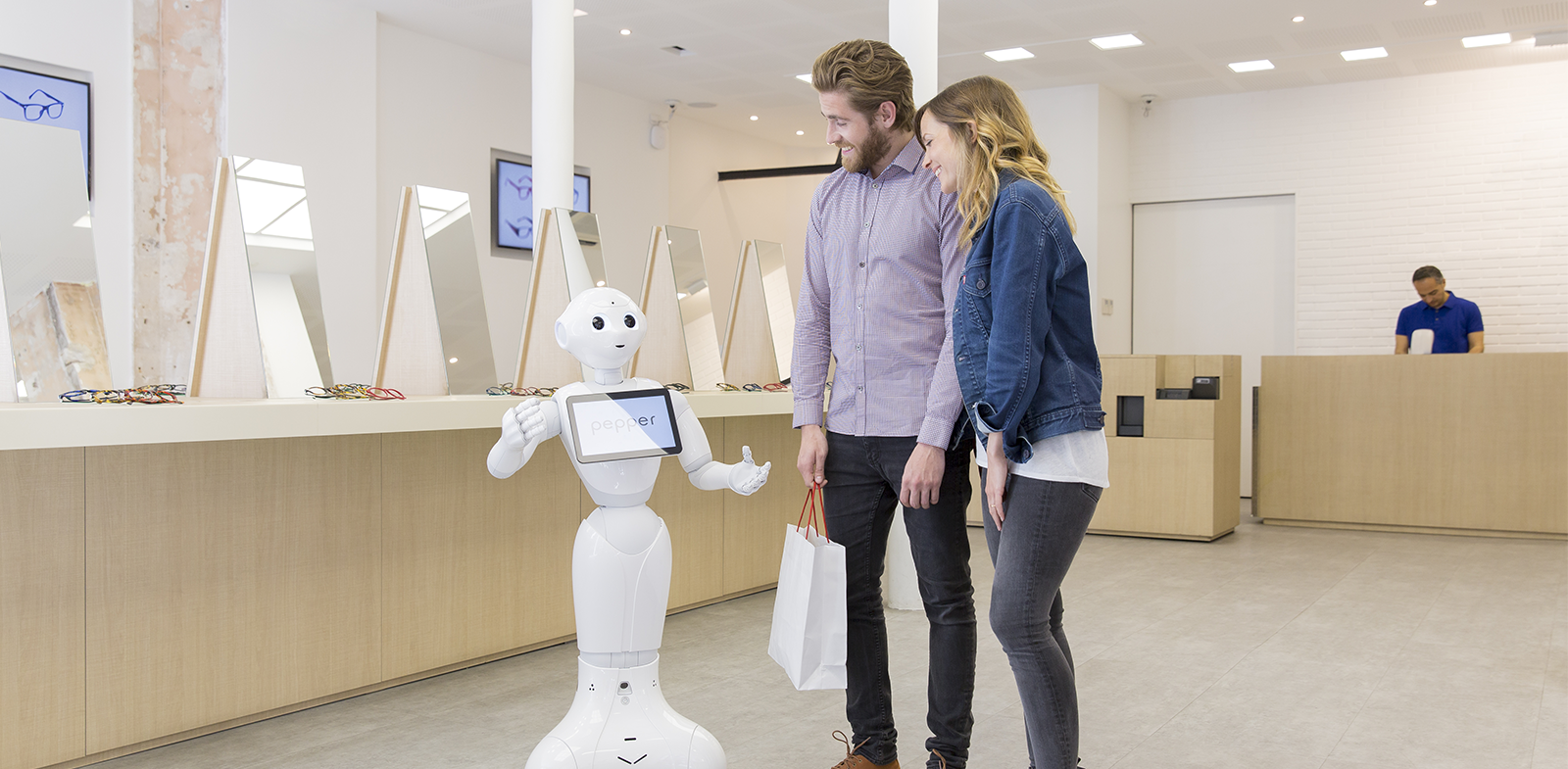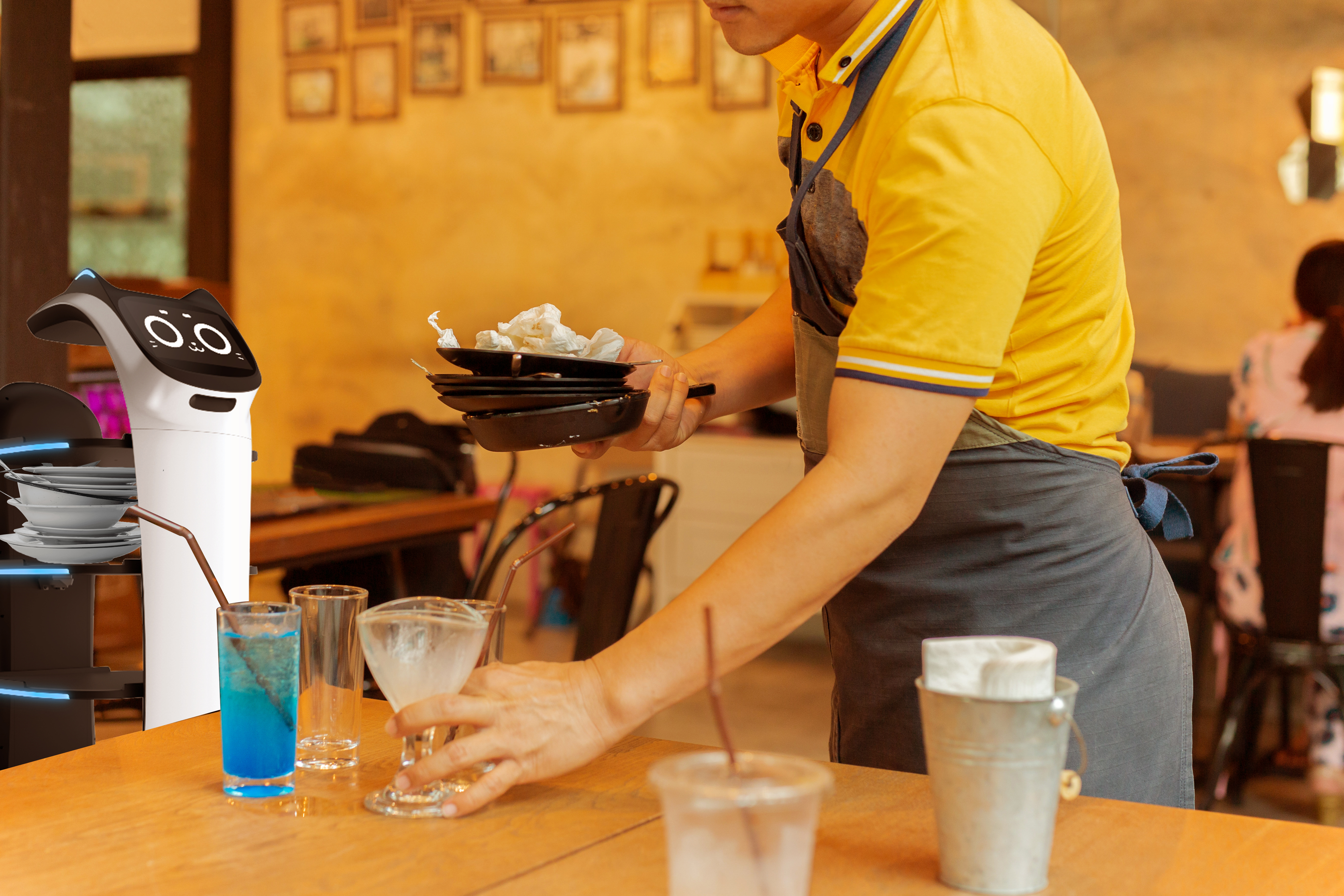1. Automated Daily Tasks Create More Free Time
AI robots can make daily tasks so much easier for small businesses. These companies likely don't have as many employees to delegate simpler functions to, so automation can free up time for staff to focus on high-impact actions while the easier, administrative tasks get done.
An AI system can populate a to-do list for a business owner who doesn't have time to make their own by pulling relevant meetings and dates out of an email inbox. It can also automatically update contacts once they get new information. In this way, robotics can act as digital assistants through AI.
2. AR Helps People See Products
Augmented reality (AR) isn't yet perfect, but it can still work well when customers want to know if an item will fit well in their space. AR may have first became popular in the mainstream with the advent of “Pokemon Go,” a mobile game that allowed people to catch Pokemon on their smartphones. Since then, it has developed to include more practical uses in the real world.
Now, there are exciting applications for the technology in retail. People can use AR to see how a piece of furniture or decoration would fit in a certain room. Some clothing stores are testing out AR for seeing how clothing would look in a virtual fitting room. As retail stores evolve to meet the growing demand for online experiences, AR is likely to play a role.
3. Robots Assist in Warehouses
The kind of robotics that most people are familiar with in retail help with the physical aspect of some jobs. People may need assistance lifting boxes and crates, especially when they are full of products and weigh a lot. Robots can tackle the heavier items and put them onto shelves or pull them down. Advanced AI allows these machines to sort and retrieve objects, too.
Many retail operations are expanding their warehousing needs in response to the e-commerce boom the industry has experienced since the onset of the pandemic. Assistance with warehouse operations and construction can help keep these projects on track, while letting human employees handle the more complicated work needed to keep warehouse operations running smoothly.
4. Robotics Provide Convenient in-Store Service
Lowe's home improvement stores have begun to roll out a robotic employee that will help people find what they're looking for by pointing out which aisle an item is in. These robots can speak multiple languages and even lead a customer to the right shelf.
In the future, these bots may assist people more than humans, and employees can focus their attention elsewhere in the store. Shoppers may also like the convenience of having a robot show them exactly where they should go.
Now, it isn’t just mega-stores that have the ability to try out robots for in-store service. Retailers can find exciting, cutting-edge models that meet a variety of customer service needs. Pepper, for example, can speak 15 languages and present location-related information to customers — a great choice for inclusive, informative service.
5. Predictive Analysis Aid Customers
Businesses often have to manually sort customers browsing their websites into different segments. Doing so allows them to know the demographics of their shoppers, which can then help them create more products tailored to that target demographic.
AI robotics can segment people based on demographics for the marketing department, allowing them to put their focus elsewhere. The AI can then recommend products similar to those the person has already indicated they like, potentially cinching a sale.
6. AI Reaches Out to Customers Directly
Businesses are branching out to learn more about their potential customers by including AI chatbots on their websites. These bots greet people and use specific cues in their messages to help point them toward an answer or product they need.
A human can take over and provide support when something goes beyond the AI's capabilities. AI has a long way to go before it can replicate the human touch, but it can currently take the pressure off customer service representatives behind a screen.
Robotics Are the Future of Retail
Retail is a demanding job that has employees dealing with customers and heavy items. Robots can complement people's hard work by shouldering some burdens and making their jobs easier. Employees can still be there to offer assistance and work behind the scenes while robotics smooth interactions for everyone, enhancing the entire shopping experience.


















.webp?width=124&height=124&name=image%20(1).webp)
.webp?width=169&height=87&name=image%20(2).webp)



































